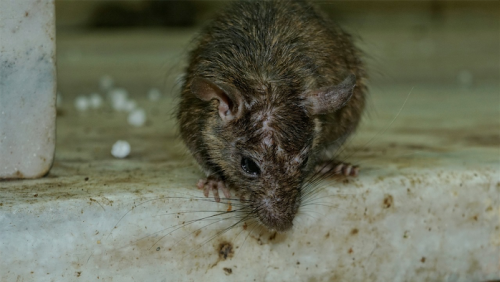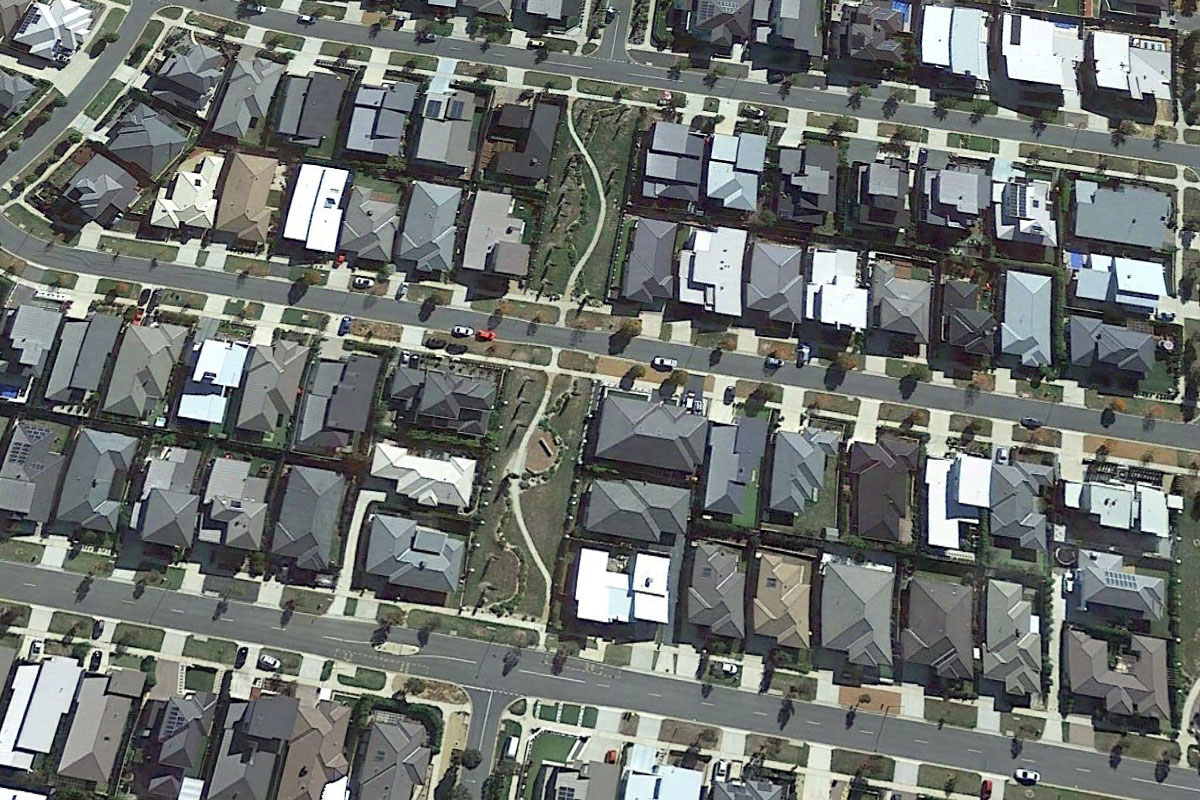
AS Australia bakes through one of the hottest spells on record, a pest-control expert has warned about rats heading indoors in search of cool and shade.
Neel Patel, a pest control technician, says that January and February are generally quiet months when it comes to rat and mice infestations as the rodents are usually outside finding food.
“It’s really important homeowners take steps to try and stop rats and mice getting into their properties, and to spot the secret warning signs that the rodents have arrived,” he says.
“Rodents carry potentially deadly diseases which can be passed to humans, from Weil’s disease to Salmonella, Hantavirus, rat-bite fever and even Rat tapeworm.
“Humans typically succumb when they come into contact with infected urine, faeces, blood and saliva. But what many homeowners don’t realise is that you can become infected simply by inhaling air contaminated with rat urine and faeces.
“If you suspect rats have taken up home in your property and you experience chest pains, nausea, vomiting, fever, chills or a strange rash, you should seek medical help.
“Rats typically shy away from human encounters, and only come out at night, so you might not spot them immediately. But you will see evidence of their movements.
“Check for tell-tale greasy marks on your skirting boards and walls, as dirt from their bodies leave dark smudges as they go about their business. You might also see droppings and gnaw marks, as well as random pieces of cardboard and soft material, as they attempt to build their nests.
“Meanwhile you could also try leaving a sprinkling of flour on the floor, and later check it for footprints.”
“Rats are most commonly found in lofts and attics, as well as kitchens and laundries, lurking behind cookers, washing machines and tumble dryers, where pipes and cables often extend outside the property.
“If you’ve got any gaps in your brickwork, however small, it’s an open invitation for a rat to come and pay you a visit.
“You should also keep the area outside your property clean and free from vegetation or food – including compost bins.”
Who can be trusted?
In a world of spin and confusion, there’s never been a more important time to support independent journalism in Canberra.
If you trust our work online and want to enforce the power of independent voices, I invite you to make a small contribution.
Every dollar of support is invested back into our journalism to help keep citynews.com.au strong and free.
Thank you,
Ian Meikle, editor




Leave a Reply